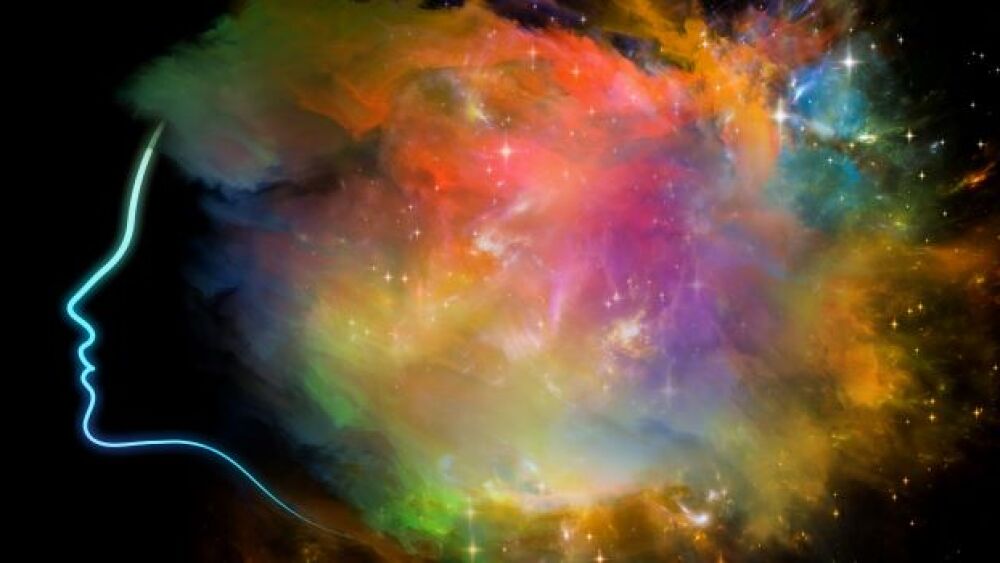A small Phase II study published Wednesday in the New England Journal of Medicine suggests psilocybin, a psychedelic compound found in “magic mushrooms,” may be an effective treatment for moderate-to-severe major depressive disorder.
A small Phase II study published Wednesday in the New England Journal of Medicine suggests psilocybin, a psychedelic compound found in “magic mushrooms,” may be an effective treatment for moderate-to-severe major depressive disorder. Treatment with psilocybin in this study was associated with similar anti-depressive effects as escitalopram, a selective serotonin reuptake inhibitor (SSRI) commonly used to treat depression and anxiety disorder.
Several biopharmaceutical companies have started to notice the promise in psychedelics, including most recently Algernon Pharmaceuticals. Algernon sent a request for a pre-Investigational New Drug meeting with the Food and Drug Administration in March to discuss the launch of a trial of naturally derived psychedelic compound n,n-dimethyltryptamine in patients with stroke.
Other academic and non-profit organizations have launched several trials studying psychedelic compounds 3,4-methylenedioxymethamphetamine (MDMA) and lysergic acid diethylamide (LSD) in patients with depression, post-traumatic stress disorder, eating disorders, and alcohol use disorder.
The new study on psilocybin, led by Robin Carhart-Harris, Ph.D., of the Imperial College London, enrolled 59 patients with moderate-to-severe major depressive disorder. A total of 30 patients were randomly assigned to two separate psilocybin doses at 25 mg administered three weeks apart plus daily placebo, while 29 patients were randomized to two separate doses of psilocybin at 1 mg given three weeks apart plus six weeks of daily oral escitalopram.
All patients in this study received concurrent psychological support in addition to their assigned treatment. Change from baseline in the 16-item Quick Inventory of Depressive Symptomatology–Self-Report (QIDS-SR-16) score at week 6 comprised the primary outcome. Secondary outcomes included the 6-week QIDS-SR-16 response, defined as a score reduction of >50%, and 6-week QIDS-SR-16 remission, defined as achievement of a score of ≤5.
At baseline, the mean QIDS-SR-16 scores were 14.5 and 16.4 in the psilocybin monotherapy and psilocybin plus escitalopram groups, respectively. Both the psilocybin and escitalopram arms experienced similar mean changes in their QIDS-SR-16 scores from baseline to week 6 (−8.0±1.0 vs. −6.0±1.0, respectively; between-group difference, 2.0 points; 95% CI, −5.0-0.9; P =.17).
Approximately 70% of patients assigned to psilocybin and 48% of patients assigned to escitalopram had a QIDS-SR-16 response at week 6 (between-group difference, 22 percentage points; 95% CI, −3-48). Additionally, 57% of psilocybin-treated patients and 28% of escitalopram-treated patients had a QIDS-SR-16 remission (between-group difference, 28 percentage points; 95% CI, 2-54).
The secondary outcomes generally favored the psilocybin treatment compared with escitalopram; however, the investigators noted that the analyses for these secondary outcomes were not adjusted for several comparisons.
To date, studies involving the use of psychedelics in the long-term treatment of mental health conditions have been relatively small and have not provided conclusive evidence to support their widescale use in real-world clinical practice.
In this new study, only a small number of participants received the psychedelic compound psilocybin, and all participants were followed for only a short 6-week period. Additional research is needed to determine whether psilocybin or any other psychedelic can provide long-term relief in a larger patient population, including those with treatment-naïve depression.
According to the Centers for Disease Control and Prevention, these findings could be clinically significant, given that over 13% of adults in the U.S. are prescribed antidepressants. The most commonly prescribed medications for depression are SSRIs.
“The receptors SSRIs work on seem to inhibit responses in the brain, particularly stress responses, and we think that takes the edge off so you can tolerate stress better,” said lead study investigator Robin Carhart-Harris, head of the Centre for Psychedelic Research at Imperial College London, in an interview with NBC News. “With psychedelics, it’s almost the opposite. It’s almost like a brutal confrontation with the root of your suffering, which can allow people to better understand where their depression stems from.”





